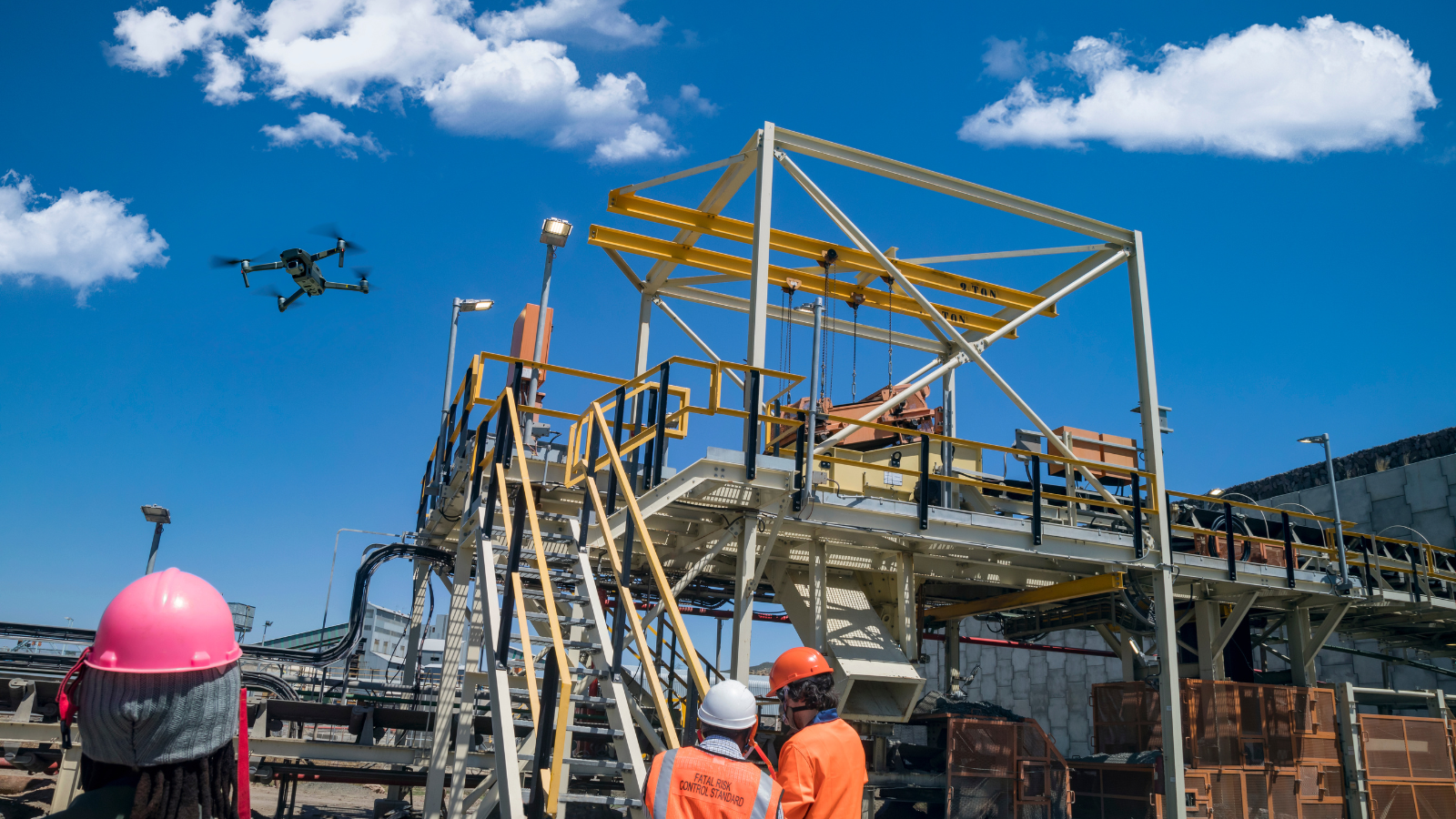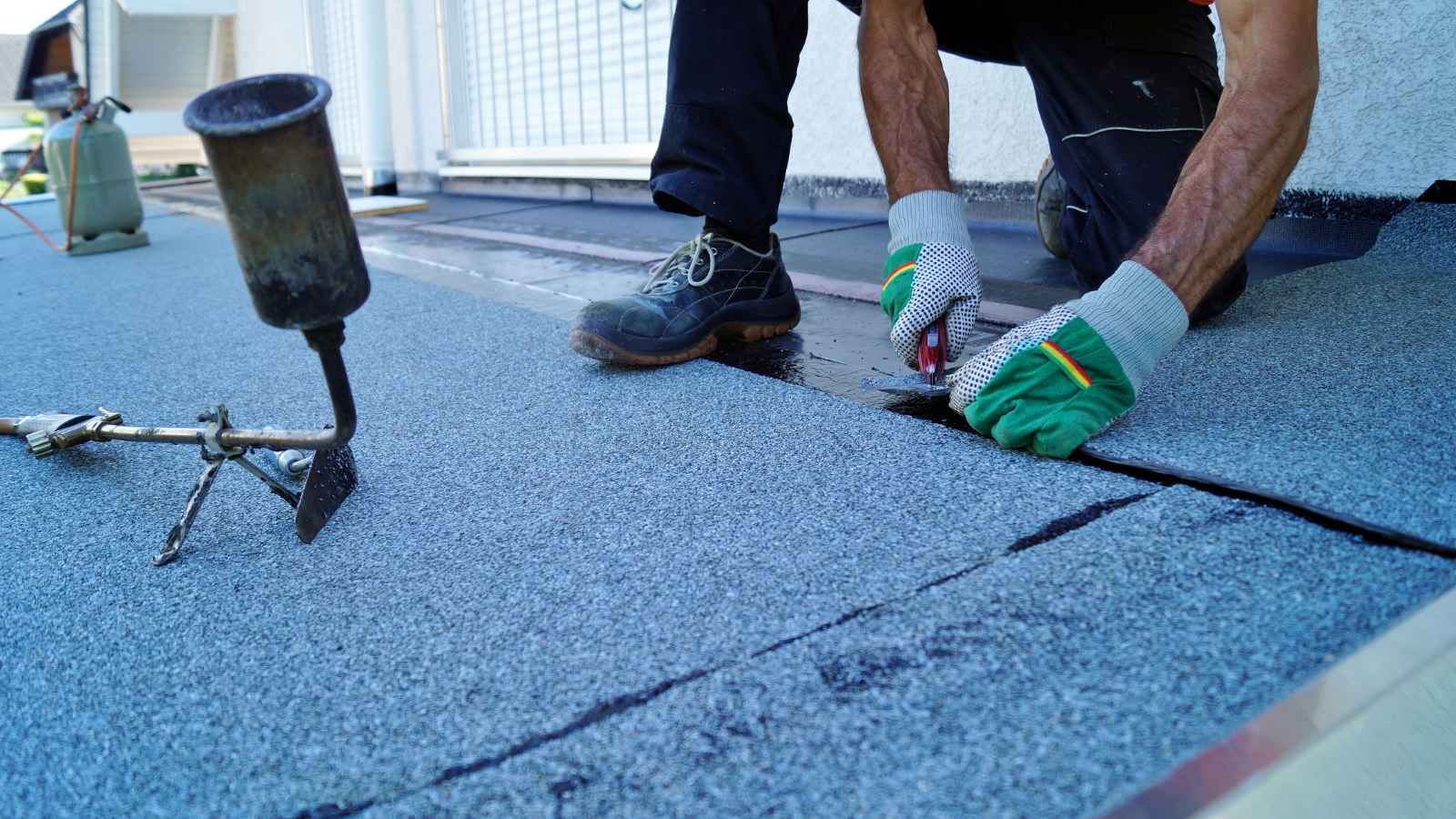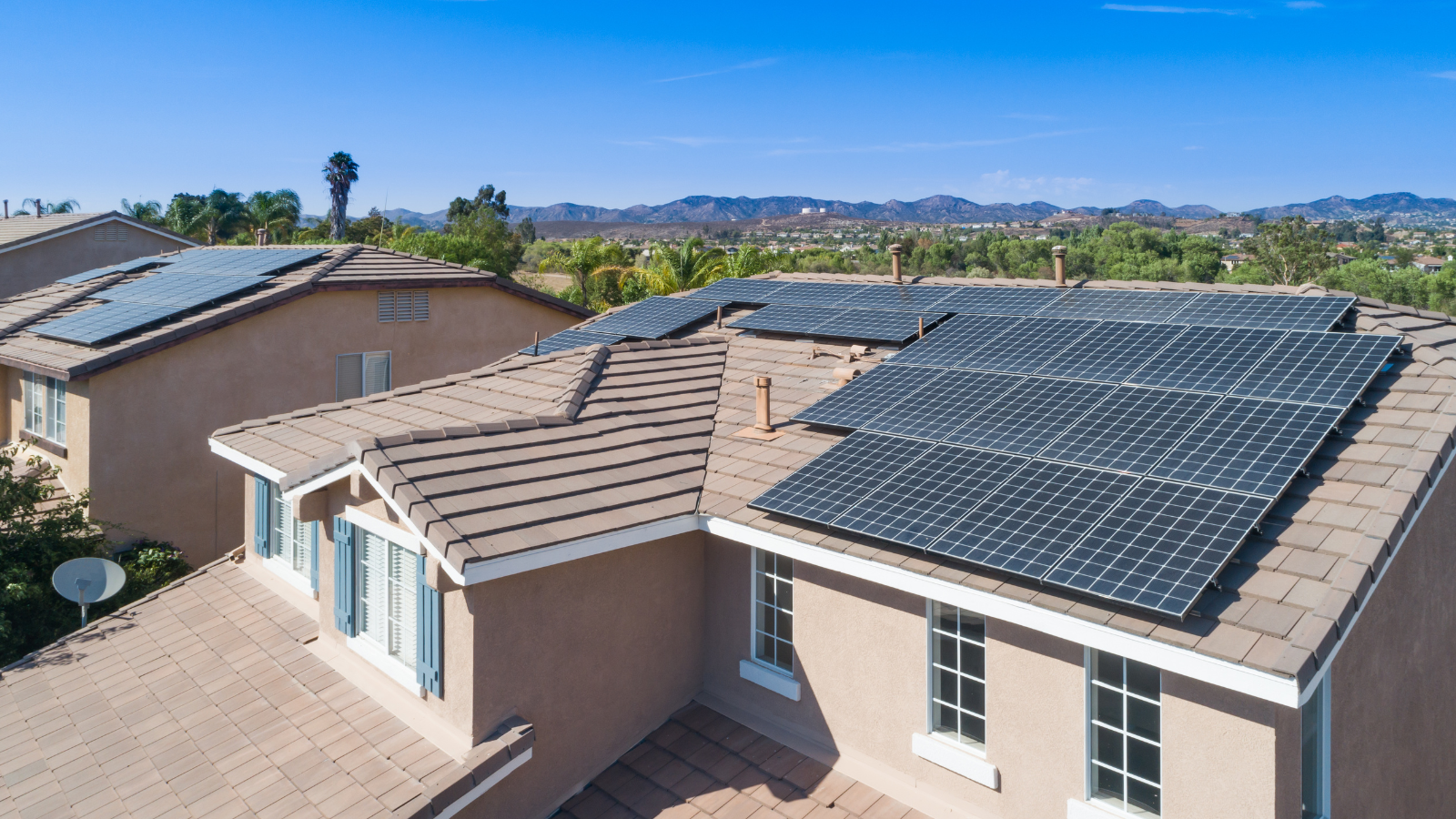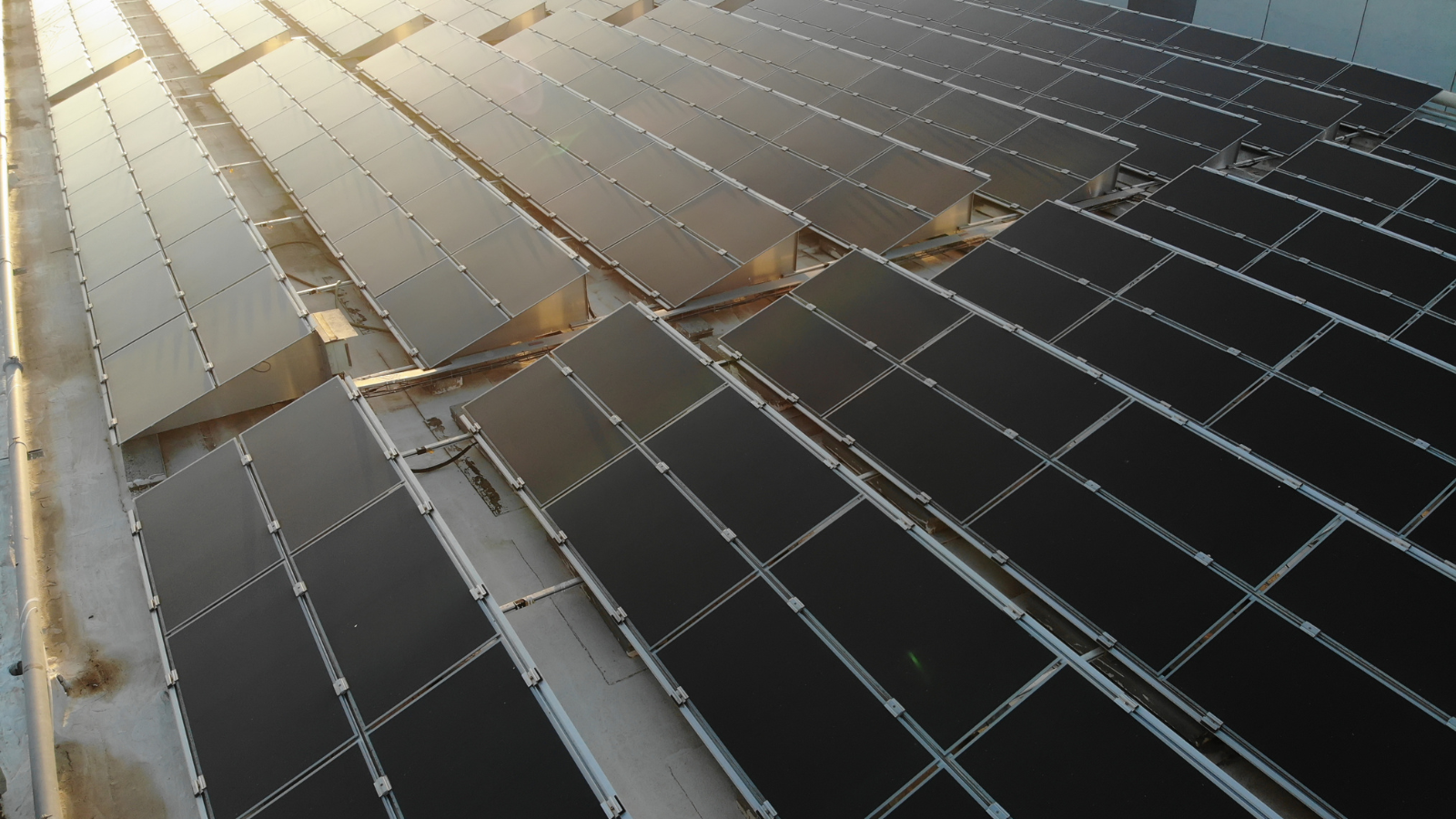Key Takeaway
- Drones are transforming roof inspections by offering safer, faster, and more accurate assessments. The right drone choice and considerations like camera quality and battery life are essential for adequate inspections. Top recommended drones excel in these areas, ensuring reliable performance.
What to Consider When Buying Drones for Roof Inspection
When selecting a drone for roof inspections, several factors should be taken into account:
1. Camera Quality: High-resolution cameras are crucial for capturing clear images of roof conditions. Look for drones with at least 12 MP cameras, but 20 MP or higher is preferable for detailed analysis.
2. Stability and Control: A stable drone is essential for aerial photography, especially in windy conditions. Consider drones with advanced stabilization features and reliable control systems.
3. Battery Life: Longer battery life allows for more extensive inspections without frequent recharges. Aim for a drone with at least 20-30 minutes of flight time.
4. Range and GPS Capabilities: Drones with good range and reliable GPS systems can cover large areas and maintain stable connections, ensuring comprehensive inspections.
5. Ease of Use: User-friendly interfaces and straightforward controls make drone operation easier, especially for those new to drone flying.
6. Durability and Weather Resistance: Roof inspections often occur in varying weather conditions. For added reliability, choose drones built to withstand mild rain and wind.
7. Software and Mapping Features: Some drones have advanced software for creating detailed maps and 3D models, which can enhance the inspection process.
8. Cost: Establish a budget before shopping for a drone. While high-end models offer advanced features, many mid-range options can still deliver excellent performance for roof inspections.
Top 5 Best Drones for Roof Inspection
Here are five of the best drones available for roof inspections, each offering unique features and capabilities:
1. DJI Mavic 3
- Camera: 20 MP Hasselblad camera with 4/3 CMOS sensor.
- Flight Time: Up to 46 minutes.
- Features: Omnidirectional obstacle sensing, advanced stabilization, and superb image quality.
The DJI Mavic 3 is a top choice for professional roof inspections due to its excellent camera capabilities and extended flight time. It delivers high-resolution images, making identifying issues like leaks or damages easy.
2. Autel Robotics EVO Lite+
- Camera: 50 MP camera with a 1-inch CMOS sensor.
- Flight Time: Up to 40 minutes.
- Features: 6K video recording, HDR capabilities, and excellent low-light performance.
The EVO Lite+ excels in low-light conditions, making it suitable for inspections at dawn or dusk. Its 50 MP camera provides incredible detail, critical for thorough roof assessments.
3. Parrot Anafi USA
- Camera: 32 MP camera with 4K HDR video.
- Flight Time: Up to 32 minutes.
- Features: Thermal imaging capabilities, ultra-compact design, and advanced stabilization.
This drone’s thermal imaging feature allows inspectors to identify heat leaks and moisture accumulation, making it an invaluable tool for thorough inspections.
4. DJI Phantom 4 RTK
- Camera: 20 MP camera with a 1-inch sensor.
- Flight Time: Up to 30 minutes.
- Features: Real-time kinematic (RTK) capabilities for precise positioning.
The Phantom 4 RTK is perfect for detailed surveying and mapping, making it ideal for roof inspections where precision is paramount.
5. Yuneec Typhoon H Plus
- Camera: 20 MP camera with 4K video capabilities.
- Flight Time: Up to 28 minutes.
- Features: Intel RealSense technology for obstacle avoidance.
The Yuneec Typhoon H Plus offers a user-friendly interface and excellent flight stability, which is ideal for roof inspections.
The Use of Drones for Roof Inspections
Drones have become essential for roof inspections, providing a modern alternative to traditional inspection methods. Equipped with high-resolution cameras, drones can capture detailed images of roofs without scaffolding or ladders, enhancing safety and efficiency.
Traditional inspections often require inspectors to physically climb onto roofs, posing risks of falls and injuries. In contrast, drones allow for comprehensive assessments from the ground, minimizing hazards associated with high-altitude work.
Drones can cover large areas quickly, capturing a wealth of data in a short period. This efficiency enables property owners and managers to identify issues early, facilitating timely maintenance and repairs.
8 Advantages of Drones Over Traditional Methods
1. Safety: Drones eliminate the need for inspectors to climb onto roofs, significantly reducing the risk of accidents and injuries.
2. Cost-Effectiveness: Drones can lower inspection costs by minimizing the need for scaffolding and ladders. They also reduce the time required to complete inspections.
3. Speed: Drones can cover large areas in a fraction of the time it would take a human inspector, allowing for quicker assessments and faster reporting.
4. High-Quality Imagery: With advanced cameras, drones capture high-resolution images and videos, making it easier to spot issues like leaks, cracks, or other damages.
5. Accessibility: Drones can easily access hard-to-reach areas, ensuring that every roof part can be inspected easily.
6. Data Collection: Drones can gather extensive data, including thermal images and 3D models, providing comprehensive insights into roof conditions.
7. Real-Time Monitoring: With live video feeds, drones enable real-time monitoring of roof conditions, allowing immediate assessments.
8. Post-Inspection Reporting: Drones often come with software that helps analyze collected data, making it easier to generate detailed inspection reports.
FAQ
1. How do drones improve roof inspections?
Drones enhance roof inspections by providing safer, faster, and more accurate assessments. They capture high-resolution images and can access hard-to-reach areas, allowing for thorough evaluations without scaffolding.
2. What should I look for in a roof inspection drone?
Key factors include camera quality, battery life, stability, range, ease of use, durability, software capabilities, and cost. A good drone should have a 12 MP camera and 20-30 minutes of flight time.
3. Can drones identify roof damage?
Yes, drones with high-resolution cameras can identify various types of roof damage, including leaks, cracks, and wear. Some drones even offer thermal imaging capabilities to detect heat leaks.
4. Are drone inspections more expensive than traditional methods?
Inspections using drones can be more cost-effective than traditional methods due to lower labor costs and faster assessment times. While the initial investment in a drone may be higher, the long-term savings often outweigh this.
5. Do I need a license to operate a drone for inspections?
Yes, in many countries, including the U.S., Operators need to apply to the Federal Aviation Administration (FAA) for a Remote Pilot Certificate to use drones for commercial purposes, including inspections.
6. How often should roofs be inspected using drones?
It is recommended that roofs be inspected at least once a year or following noteworthy meteorological occurrences, such heavy storms or hail, to catch any potential issues early.
7. What types of roofs are suitable for drone inspections?
Drones can inspect various roofs, including residential, commercial, flat, pitched, and metal roofs, making them versatile tools for roof assessment.
8. Can drones provide thermal imaging for roof inspections?
Yes, many drones are equipped with thermal imaging cameras that can detect temperature variations, helping to identify heat loss and moisture issues within roofs.
Conclusion
Drone inspections of roofs are a big step forward in how we maintain buildings. Compared to older methods, drones make it safer, quicker, and cheaper to check roofs.
Using the right drone, property owners can check their roofs carefully and find problems before they turn into expensive repairs. As technology gets better, drones will get even more useful for inspections. Choosing to use drones for roof inspections helps keep roofs in good shape and supports safer and greener building practices.
Upgrade Your Home with Wayne Roofing Company!
Need a new roof, gutters, siding, or windows? Look no further! At Wayne Roofing Company, we offer top-notch services tailored to meet your home improvement needs. Whether you’re in Wayne, New Jersey, or the surrounding areas, our expert team is here to help you every step of the way.
Contact us today for a free estimate!
Call us at (862) 292-9892 or complete our online form to schedule your consultation.





